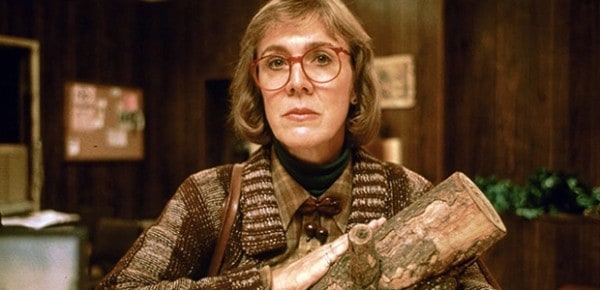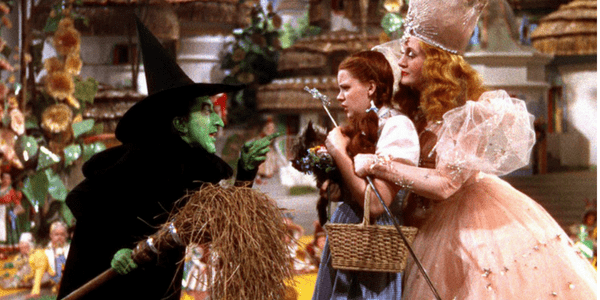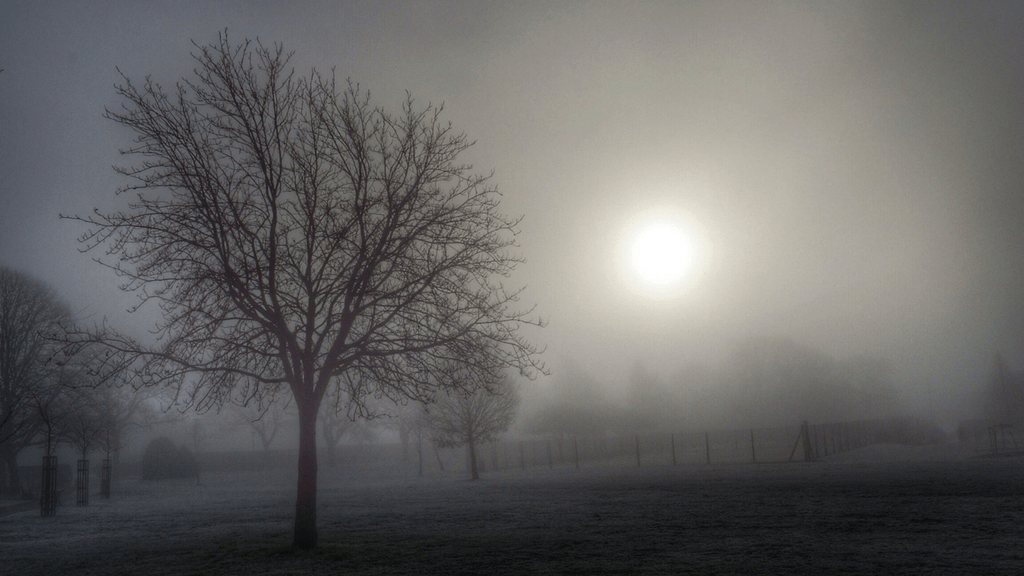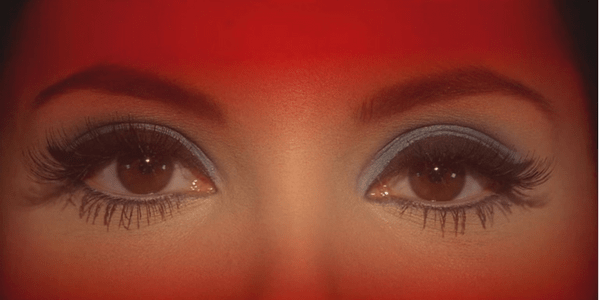 The recent news that Twin Peaks, the remarkable and haunting TV collaboration between director David Lynch and his co-writer Mark Frost which first aired in 1990, will be revived for a six episode miniseries in 2016 (with a novel by Frost filling in the intervening years), brought a wave of delight to fans of this remarkable show. For one thing, it will make good on the promise made in the final episode by the spirit of murdered young woman Laura Palmer to Agent Dale Cooper: “I’ll see you again in 25 years.” For another, it offers a chance for the complex occult mythology of the show to be expanded.
The recent news that Twin Peaks, the remarkable and haunting TV collaboration between director David Lynch and his co-writer Mark Frost which first aired in 1990, will be revived for a six episode miniseries in 2016 (with a novel by Frost filling in the intervening years), brought a wave of delight to fans of this remarkable show. For one thing, it will make good on the promise made in the final episode by the spirit of murdered young woman Laura Palmer to Agent Dale Cooper: “I’ll see you again in 25 years.” For another, it offers a chance for the complex occult mythology of the show to be expanded.
As a viewer when the series first aired (and a Lynch fan since Eraserhead), I was going to be an avid follower of the show come what may. A particular scene and a specific line in the third episode’s dream sequence clinched it, speaking directly to the magical side of me.
If you’ve watched the show, you know just what scene I mean…and exactly which line it was:
Through the darkness of future past
The magician longs to see
One chance out between two worlds:Fire Walk With Me
(Some people insist that the line is “One chants…” or “One choice…” — but the script says chance. Which makes far more magical sense, I think.)
I’ve always been drawn to those moments in film and television which seem to cross over from fiction into the magical, the numinous. That scene gave me chills like few others, and the power of that simple set of words haunted me ever since. Those lines have come in useful so many times in my praxis that I’ve literally lost count of how often I used them.
When I first realised how deeply those words connected with me, I experimented with using variant combinations of them in Calling the Quarters: “Water walk with me”, “Earth walk with me” etc… and it simply did not work. Instead, I found that reciting the specific phrase, even just in my mind, could create an immediate ritual space, no matter where I was. It became a trigger phrase for liminality itself — the words themselves becoming a portal between two worlds.
Of course, in the world of the show and film, those lines are representative of an especially dark magick and its practitioners. As Major Briggs puts it in the second season episode “Checkmate”:
These evil sorcerers, dugpas, they call them, cultivate evil for the sake of evil and nothing else. They express themselves in darkness for darkness, without leavening motive. This ardent purity has allowed them to access a secret place of great power, where the cultivation of evil proceeds in exponential fashion. And with it, the furtherance of evil’s resulting power. These are not fairy tales, or myths. This place of power is tangible, and as such, can be found, entered, and perhaps, utilised in some fashion. The dugpas have many names for it, but chief among them is the Black Lodge.
Although the second season of the show has its detractors, its importance in the Twin Peaks mythos cannot be understated. The introduction of antagonist Windom Earle, who seeks the powers of the Black Lodge, brought a renewed focus to the show, which had started to lose its way after Lynch ceased to write for it following various tussles with the studio about direction and content. Lynch’s return for the brutal and masterful final episode brought the horrors of the Black and White Lodges, and their clear Chapel Perilous aspect, to the fore. In the Black Lodge, Dale Cooper faced the Dark Night of the Soul and catastrophically failed — his soul caught in the Red Room with Laura’s spirit and The Man From Another Place, his body probably possessed by the spirit of “Killer BOB,” head smashed against a mirror that reflects BOB’s face, giggling “How’s Annie? How’s Annie??”
The brilliant and tragic prequel film Twin Peaks: Fire Walk With Me did not provide any deeper answers as to his fate or the magical consequences of his actions, though it showed us more of Cooper in the Red Room and revealed that Cooper’s boss (played by Lynch) ran a X-Files-like unit of the FBI devoted to investigating “Blue Rose” cases — things that should not exist, but do anyway.
It should be noted that Lynch, despite the occult overtones in his body of work, is not a practitioner of magick, although his long time support for Transcendental Meditation as a system is well known. Though connected to the mystical, there’s no formal magical aspect to the show. (There was, however a remarkable amount of synchronicity: for example, Killer BOB was only cast after Frank Silva — originally hired just as a set dresser — appeared accidentally outside of a window in one shot.)
This does not, of course, prevent us from using the show’s mythos, however incomplete, in magick.
Whatever the new miniseries brings us, I paradoxically hope that it doesn’t reveal too much about the ways of the Black and White Lodges, the Red Room and the Blue Rose. Like all Lynch’s best work, Twin Peaks partakes strongly of the numinous, the dream-like blurring of states; and too much explanation may shatter that delicate, haunting power. Like a Blue Rose, it should be admired, even used as a symbol…but never quite understood.








